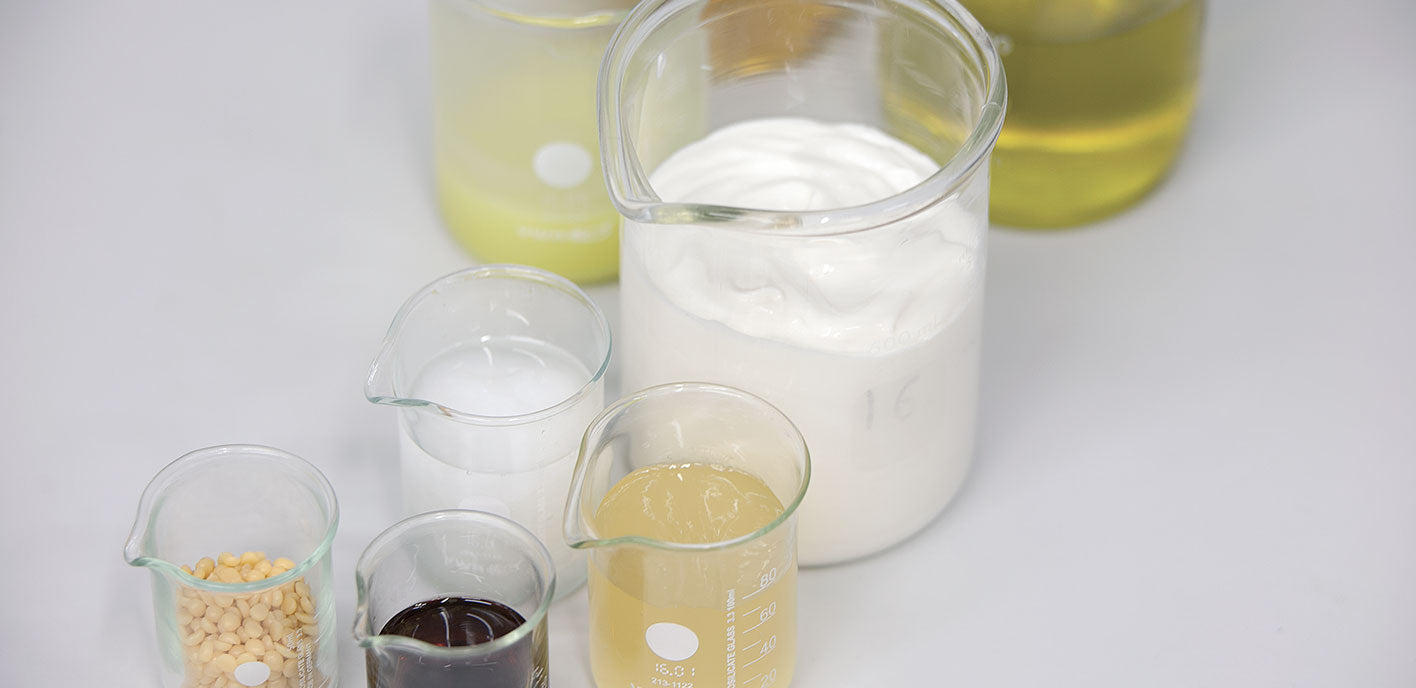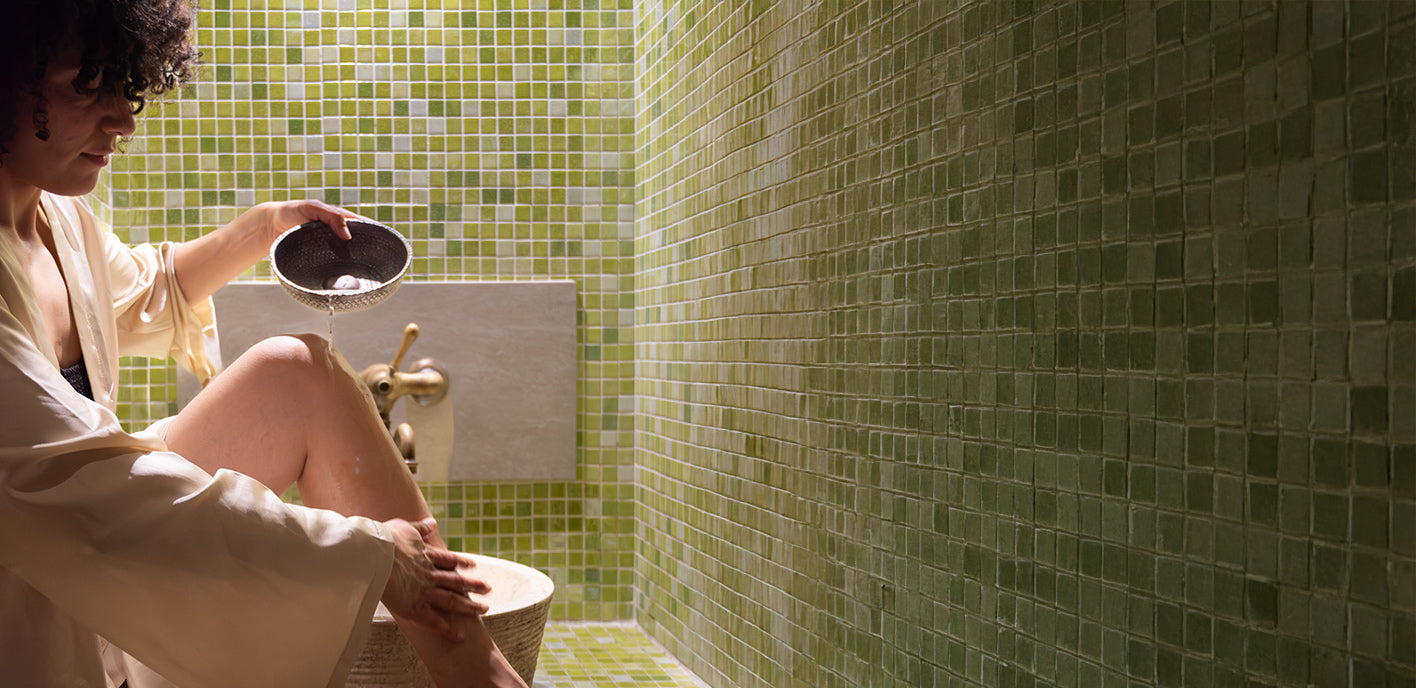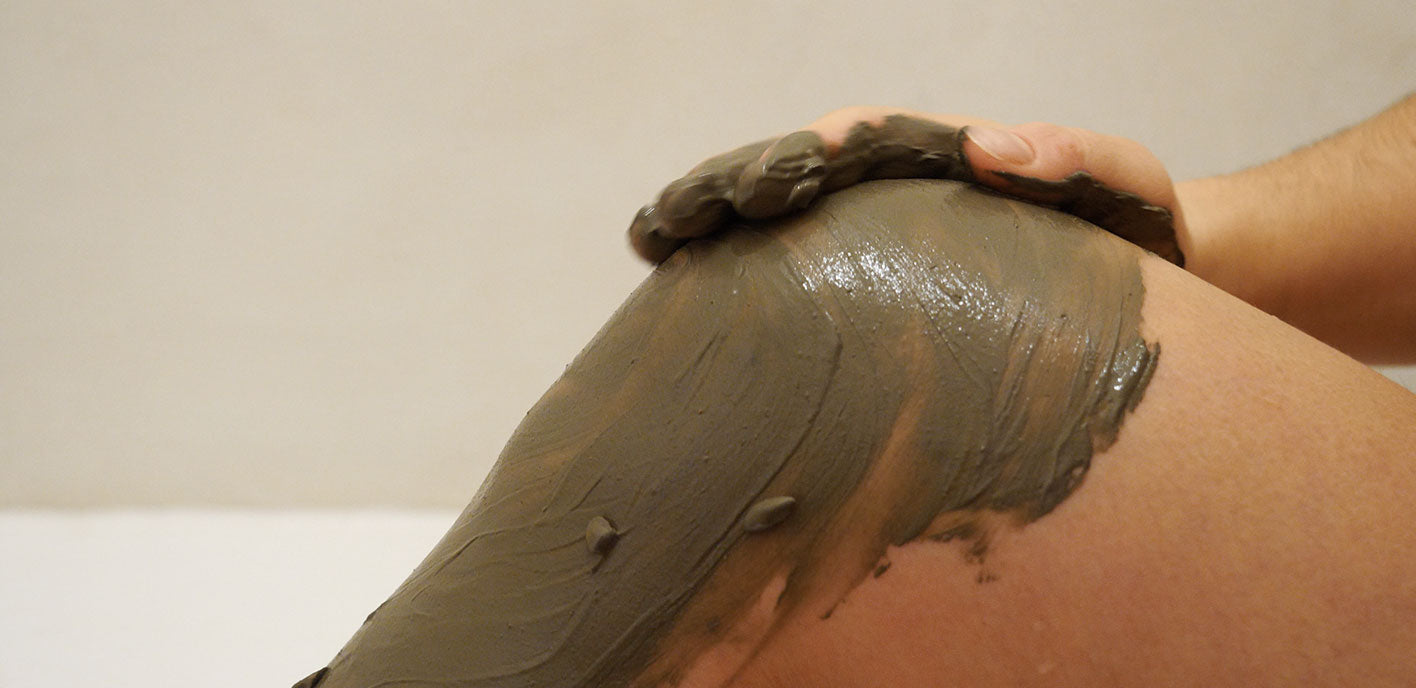More and more consumers are paying attention to the INCI lists of the cosmetics they buy. However, they are not always easy to decipher and certain ingredients can sow doubt in the minds of consumers. This is the case of alcohol which has a bad press… So, should we really ban alcohol from our cosmetics? What is it for? Najel helps you see things more clearly…
Different denominations
The term “alcohol” can refer to different ingredients. However, they are not necessarily bad . We have made a selection of those that you may come across in the INCI lists of your organic cosmetics.
"Alcohol denat."
It is a term for denatured alcohol , meaning it has been made unfit for consumption.
"Alcohol"
This name concerns undenatured alcohol or denaturation by essential oils. Alcohol is often used in perfume compositions but also for its role as a preservative .
“Cetearyl alcohol”, “Cetyl alcohol”, “Stearyl alcohol”, “Cetearyl alcohol”, “Lauryl alcohol”, “Myristyl alcohol”
These are fatty alcohols that have many cosmetic properties. They are emollients that help soften and smooth the skin. They are also used as emulsifiers to stabilize cosmetic formulas.
"Benzyl alcohol"
You will often come across this ingredient in your organic cosmetics because it is an allergen naturally present in certain raw materials such as essential oils, plant extracts, etc.
It can also be synthesized for its role as a preservative but its dosage is limited.
 {{media%20url="wysiwyg/blog/Najel-article-alcools-dans-les-cosmetiques.jpg"}} ' width="1170" height="300" data-mce-fragment="1" data-mce-src=' {{media url="wysiwyg/blog/Najel-article-alcools-dans-les-cosmetiques.jpg"}} '>
{{media%20url="wysiwyg/blog/Najel-article-alcools-dans-les-cosmetiques.jpg"}} ' width="1170" height="300" data-mce-fragment="1" data-mce-src=' {{media url="wysiwyg/blog/Najel-article-alcools-dans-les-cosmetiques.jpg"}} '>
Are they harmful to health?
Alcohol, benzyl alcohol and fatty alcohols are not harmful to health . The organic certification of cosmetics assures you of a natural origin of these ingredients.
However, alcohol can be irritating and drying for skin suffering from dehydration. Indeed, alcohol removes the skin's hydrolipidic barrier, a bulwark against external aggressions. Its disappearance dries out and sensitizes the skin. But organic cosmetics manufacturers add other ingredients to compensate for the irritating and drying effects of alcohol.
Benzyl alcohol, on the other hand, can be allergenic for certain people with allergies.
In summary, no certified organic cosmetic containing alcohol is dangerous . Only people with allergies and very sensitive skin should avoid cosmetics containing it.
For more information, you can consult the Cosmébio article







